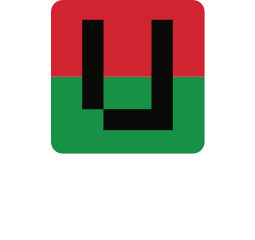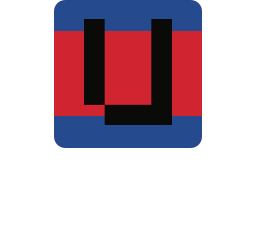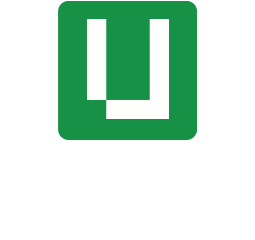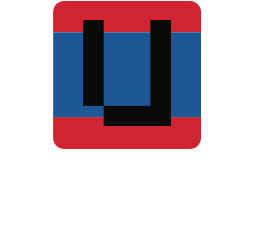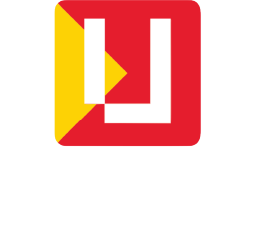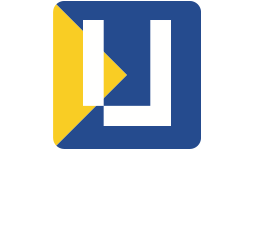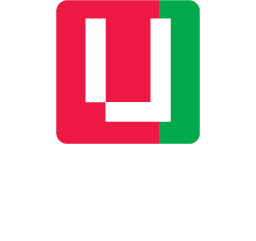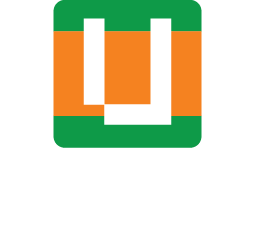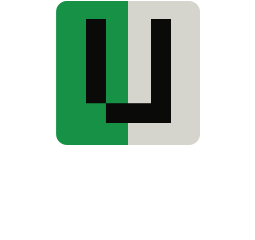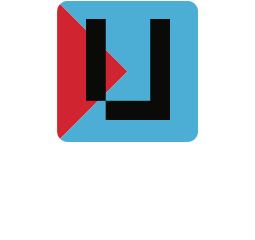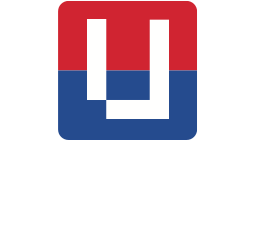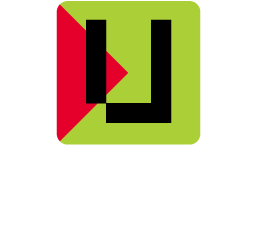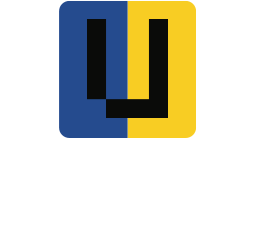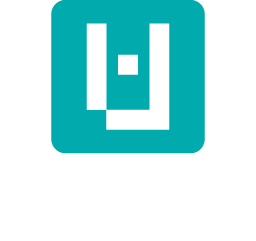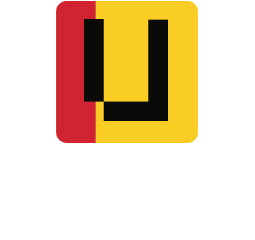‘ When I first got my period I didn’t tell anyone for several days
because I was ashamed, it took me two months to open up to mother’ - An 18-year old girl
in Pakistan describing her experience through a U-Report poll on menstrual
hygiene management (MHM) conducted on the 16th of February, 2017.
Prevailing social norms surrounding menstruation:
Adolescent girls in Pakistan are often unaware or unprepared for the onset of menstruation (menarche). This is mostly due to a culture of silence surrounding women’s reproductive health issues of which menstruation is a part. This lack of preparation, knowledge, and poor hygienic practices during menstruation have negative impacts on girls’ self-esteem and personal development. It also affects their education as they often miss school because of shame or lack of adequate facilities to manage their period. In addition to schools lacking proper hygiene facilities, teachers are often not prepared to respond to girls’ need for information.
Poll reveals girls lack knowledge of menstrual hygiene:
To better understand this need, UNICEF launched an SMS poll on the 9th of March 2017 targeting 3,800 females aged between 10 and 35 via the U-Report platform. All of them were sent positive messages on proper management of menstrual hygiene and 710 young girls and women from all over the country responded free of cost to questions on their perspectives of menstrual hygiene. The results indicated that 49% had no knowledge of menstruation prior to their first period. The poll also revealed that mothers and teachers (53% and 27% respectively) were the primary sources of information on menstruation for girls. 0.9% of the respondents also rated the Internet including YouTube as sources for information. The poll further revealed that 44% of the girls do not have access to basic menstrual hygiene facilities at home, their workplace or school. 28 % of respondents said they missed school or work while on their period mainly because they were ashamed of getting red spots on their clothes/uniform, that boys would find out, or due to pain related to their period. Respondents also cited helplines via their phones, information tools such as leaflets, social media and doctors as ideal sources of information on menstruation.
Girls’ voices echo importance of breaking the silence around menarche:
‘I wish every girl has proper knowledge and guidance so that when a girl reach her puberty for the first time, she is confident and not panicked,’ said a young female poll respondent.
‘When I purchase sanitary napkins from a local store, they are always wrap it in a newspaper or a paper bag so that no boys or men can see what I’m purchasing, why is buying sanitary napkins such a shame? I want every girl to talk about menstruation without feeling ashamed’ says a 25- year old U-Reporter. Respondents cited examples of solutions needed to improve menstrual hygiene including access to affordable pads and proper hygiene facilities such as private and clean bathrooms.
Social media outreach offers girls platform to ask questions:
UNICEF hosted a 3 hour live chat through the U-Report platform targeting all 25,000 registered U-Reporters. UNICEF responded to over 500 of the 2,500 questions received from girls and boys across the country via SMS messages sent free of cost. A sample of questions raised are highlighted below:
“They say you should not take bath during first 3 days of periods, is it true?”
“I know about menstruation, but what are the ways I can ensure hygiene during periods?”
“Is it harmful to use sanitary napkin up to 10 hours?”
“What sort of hygiene should be adopted during periods?”
“If someone has menstruation, should she go to school or not”
“I feel a lot of pain during periods, why is that and what should I do”
A list of frequently asked questions and answers was created and shared with all U-Reporters.
Pakistan’s growing youth population is increasingly dependent on social media as a viable source of information. Platforms such as U-Report are leading the way by offering creative interactive methods to engage youth on issues that affect their development such as menstrual hygiene.
“Thanks to U-Report PakAvaz team for discussing topics like menstruation, it’s much needed’ said a U-Reporter from Sindh province. “Excellent initiative, we need a platform to discuss important topics like this openly’ added a U-Reporter from Khyber Pakhtunkhwa province. Feedback received from the menstrual hygiene poll and live chat has offered UNICEF vital insights to inform its work on social and behavior change communication for menstrual hygiene. U-Report is now partnering with UNICEF to create a network of champions to advocate for menstrual hygiene within their communities. Additionally, UNICEF and U-Report are launching an innovation challenge calling for youth to submit innovative tools and models that will allow girls and women to manage their menstruation with dignity.
Read the analysis of the menstrual hygiene poll and highlights from the live chat
About U-Report
U-Report is a social messaging tool allowing anyone from any community, anywhere in the world to respond to polls, report issues, support child rights and work as positive agents of change on behalf of people in their country. Members join the programme by sending a free SMS “join” to a short-code 8623 or U-Report twitter handle @PakAvaz or on Facebook at U-Report PakAvaz
For more information about U-Report PakAvaz visit: www.ureport.pk
For more information about U-Report Global visit: www.ureport.in
About UNICEF Global Innovation Centre
UNICEF’s Global Innovation Centre is working across the globe with country offices and partners to help unlock the big ideas like this that could benefit millions of people and has provided both the training and platform development to make this kind of activation possible.
For more information about UNICEF Global Innovation Centre visit: http://unicefstories.org/
About UNICEF
UNICEF promotes the rights and wellbeing of every child, in everything we do. Together with our partners, we work in 190 countries and territories to translate that commitment into practical action, focusing special effort on reaching the most vulnerable and excluded children, to the benefit of all children, everywhere.
For more information about UNICEF visit: www.unicef.org/pakistan

